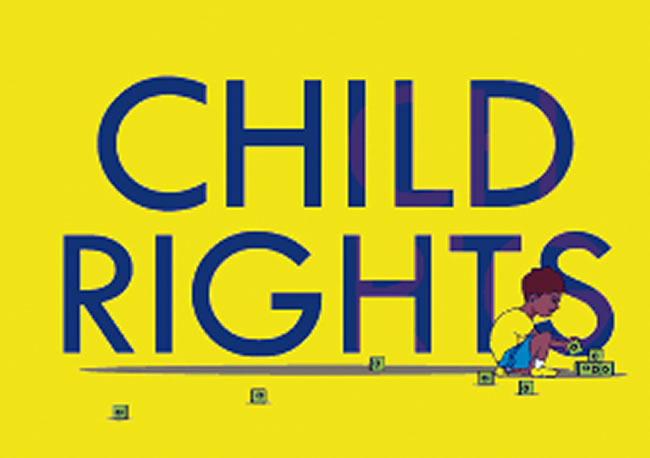Becoming a baby mama is becoming more appealing to young ladies especially when the men involved are connected or celebrities. To such ladies, the marital status of such men doesn’t matter. But before you get pregnant out of wedlock and become a baby mama, familiarise yourself with what the laws say so we won’t be forced to give hot takes on your personal business on social media.
It is important for such women to understand the provisions of the Child Rights Act 2003 (CRA) which state the rights and protections which Nigerian children are entitled to. It makes provisions in issues that is encapsulated as ACMI; assertion, custody, maintenance and inheritance.
Assertion states that the lady must be able to prove beyond doubt that a particular man is responsible for the person. The most effective and acceptable means of this under this law is by conducting a DNA test. If the lady is able to prove through DNA that a particular man being alleged is the father, then the next factor to consider is who gets custody of the child.
In custody, what the law considers is basically the welfare of the child. And when both parties want custody, it can be messy and legal pronouncements may be needed to settle the impasse. However, most custody disputes generally see the courts granting custody to the mother, especially when the child is still a baby except the man can prove that she is unfit.
Section 69 of the CRA provides that in granting custody the things the court considers is the welfare of the child and the conduct of the parent; and the wishes of the mother and father of the child.
Section 14 (2) of the CRA talks about maintenance; it provides that every child has a right to maintenance by his parents or guardian, in accordance with the extent of their means. So, if paternity is proved, the mother of the child has the option to go to court to request for child support and maintenance payments. Section 69(3 and 4) of the CRA states that the court may order that one parent shall pay to the other weekly or other periodical sum as the court, may, consider reasonable having regard to the means of the parent being requested to pay the sum.
It is important to note that there is no requirement under Nigerian law that a certain percentage of the income or assets of one parent is automatically given to the other parent as their right with respect to financial support
Where the Court makes an order for the payment of money which isn’t followed, the courts have the power to attach the pension or income of such a person. In other words, if a father is directed to pay financial support and is neglecting to do so, the mother can bring an action in court and the court can permit her to attach the father’s income or property to satisfy the payment of the amounts due.
Section 42 of the 1999 Constitution provides that no citizen of Nigeria shall be subjected to any disability or deprivation merely by reason of the circumstances of his birth so such children can inherit their father’s properties.
YOU SHOULD NOT MISS THESE HEADLINES FROM NIGERIAN TRIBUNE
I study 10 hours, sleep 5 hours daily — Imo first-class graduate with perfect 5.0 GPA, Igboanugo
Igboanugo Annastatia, who graduated with first-class honours, in this interview, reminisced about memorable moments that…
PHOTOS: How Aquatech College was demolished ‘with students on site’
It was a traumatic experience for students of Aquatech College of Agriculture and Technology on Thursday, as…
Nigerians have slammed Former Governor of Ekiti State Ayodele Fayose over his sudden support for President Bola Tinubu, saying he only…
VIDEO: My father deflowered me at 10, made love to me thrice weekly, Lady opens up
A young Nigerian Lady identified as Precious has revealed the horrifying ordeal of how she has been sexually abused by…
Ronaldo beats Messi to become world’s highest-paid athlete
For the first time since 2017 (and third time overall), Cristiano Ronaldo has topped Forbes’ list of the world’s highest-paid athletes, earning…
THE ongoing horror in the South-East being perpetrated by suspected members of the outlawed Indigenous Peoples of…






